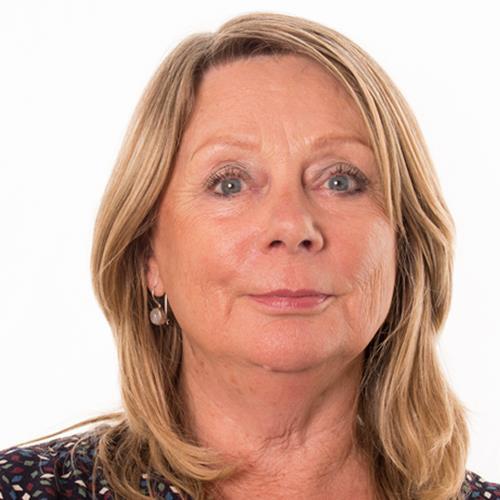Are French and German in danger of disappearing from our schools?
Both have been a staple of the Scottish curriculum for generations. But the number of pupils opting to study the languages at National 5 level has decreased every year since 2015.
This may be because more are choosing to study other languages. But experts told us the way the subjects are assessed may be partly to blame for their decline in popularity.
In 2021, a total of 7,120 pupils across Scotland took French at National 5 level, down 33% from 2015, when 10,551 did so.
Similarly, in 2015 there were 2,188 pupils who took German at National 5 level. This fell to 1,423 in 2020 – a decrease of 35%.
Meanwhile, the number of pupils studying Spanish at National 5 level rose from 3,968 in 2015 to 5,426 last year – a 37% increase.
At the same time, those taking Chinese languages as a subject almost trebled from just 84 to 245.
Why the decline in French and German?
Dr Colin Christie, lecturer in modern languages teacher education at the University of Aberdeen, has seen a decline in French and German applicants for his course.
He mentioned increased travel over the last couple of decades to Spanish-speaking countries as a reason why Spanish might now seem a more relevant choice.
Similarly, he cited an increasing emphasis on the importance of Mandarin Chinese for the economy, given the desire to trade more with China.
But he added that the decline of French and German wasn’t simply a case of them being replaced by other languages.
“I think sometimes languages are seen as a rather academic subject, and it is true that it takes application to learn a language,” said Dr Christie.
“There is an argument that language learning should be less about its direct application, and more about the cultural and intellectual exploration which language learning brings.”
Obsession with exam results ‘impoverishing’ language learning
This is argued by a former colleague of Dr Christie’s, Shirley Lawes, who specializes in French and German.
Based at the Institute of Education at University College London, Dr Lawes is an expert in modern language teaching.
She described the current state of modern languages in schools as “impoverished”.
“The central focus in England – and I don’t think Scotland is much different – is an obsession with examination results.
“Any notion that education is a good in itself is a very suspect idea and has been for a while. ‘Teaching to the test’ is the norm, and if it’s not in the exam you don’t teach it.”
Dr Lawes said language learning needed to be about more than ‘transactional language’ and topic-based learning. “Cultural learning is hardly anywhere to be seen,” she said.
“One thing that seems abundantly clear now, if it wasn’t before Covid struck, is that learning a foreign language does not fit comfortably in an ‘outcomes’-driven curriculum where short-term goals prevail.
“Foreign language learning is a ‘long game’. The reduction of the subject discipline to ‘language skills’, and an obsessive concern with justifying foreign language learning in terms of the needs of the economy, ignores the essential educational value of knowing foreign languages as a ‘window on the world’.”
Speaking another language ‘simply part of what it means to be educated’
With several countries around the world – such as Singapore and China – focusing increasingly on STEM (Science, Technology, Engineering and Maths) subjects, Dr Lawes warned that this should not come at the expense of languages.
“Learning other languages invites us to question, and to open our hearts and minds to the real challenges of difference.
“It’s about introducing young people to new cultural horizons. Regardless of whether they will ultimately become linguists or use a foreign language in a job.
“Foreign language learning is simply part of what it means to be educated.”
In August 2021, education bosses in Scotland began rolling out an ambitious new ‘1+2 Languages’ initiative in schools.
Under the scheme, pupils will learn their own language (L1) plus two others (L2 and L3).
The L2 will be taught from Primary 1, and the L3 from Primary 5 to 7. There will be compulsory teaching of at least one foreign language until S3.
More from the Schools and Family team
‘Expect the unexpected’: A teacher’s day in the Orkney Islands
School inspectors are back – but this time, they won’t be handing out grades
End of the bedtime story? Rediscovering the joys of storytime


